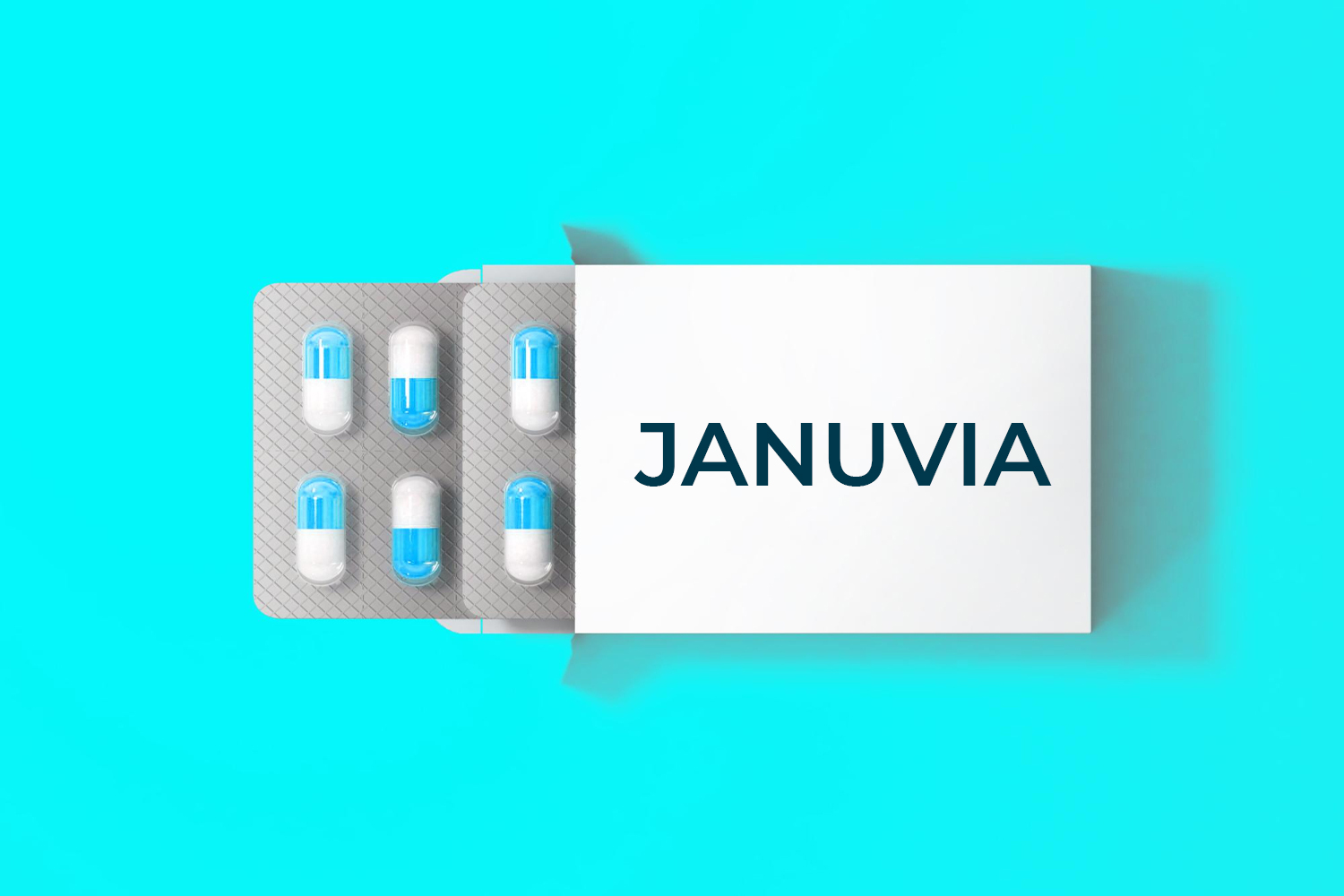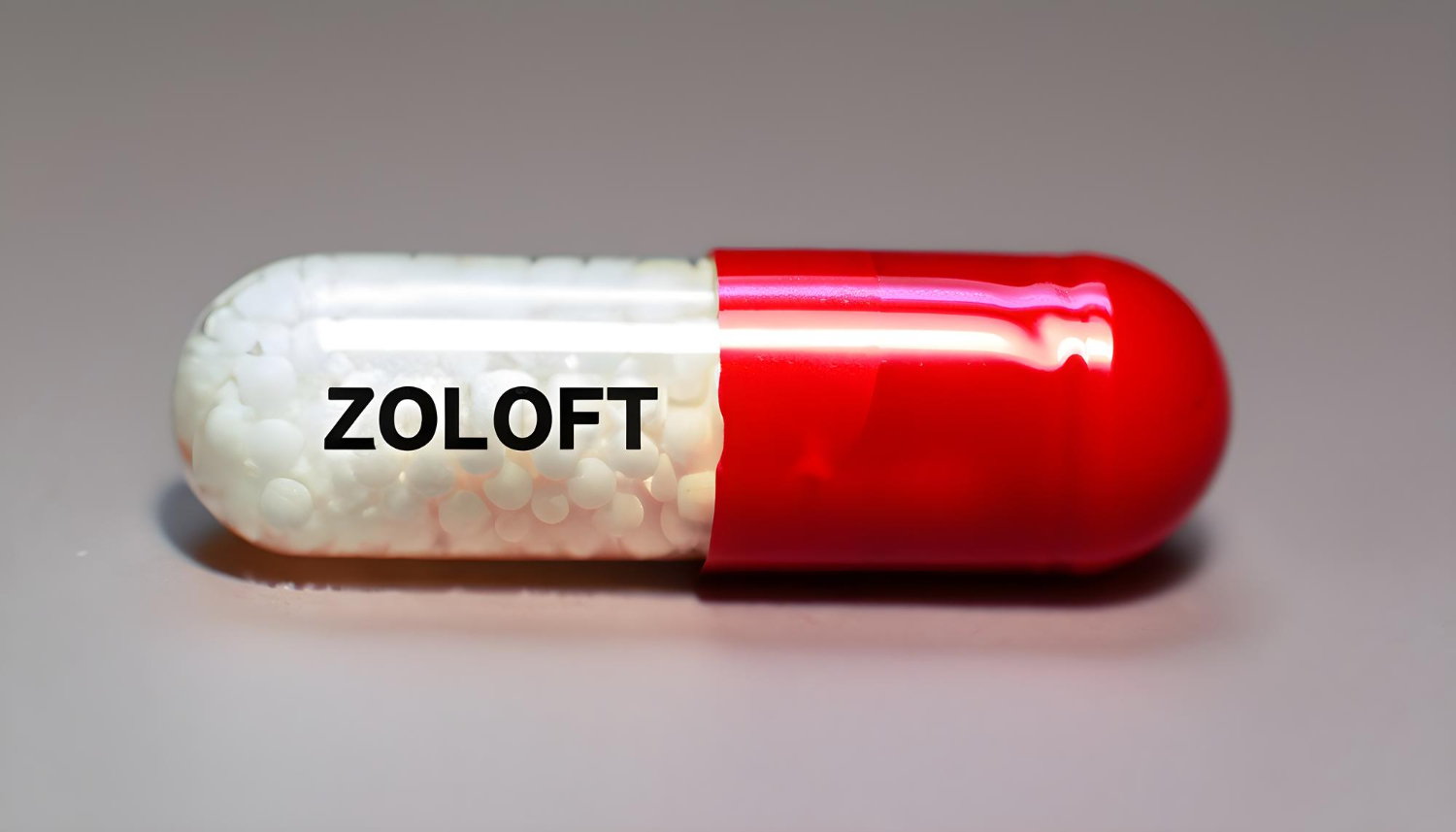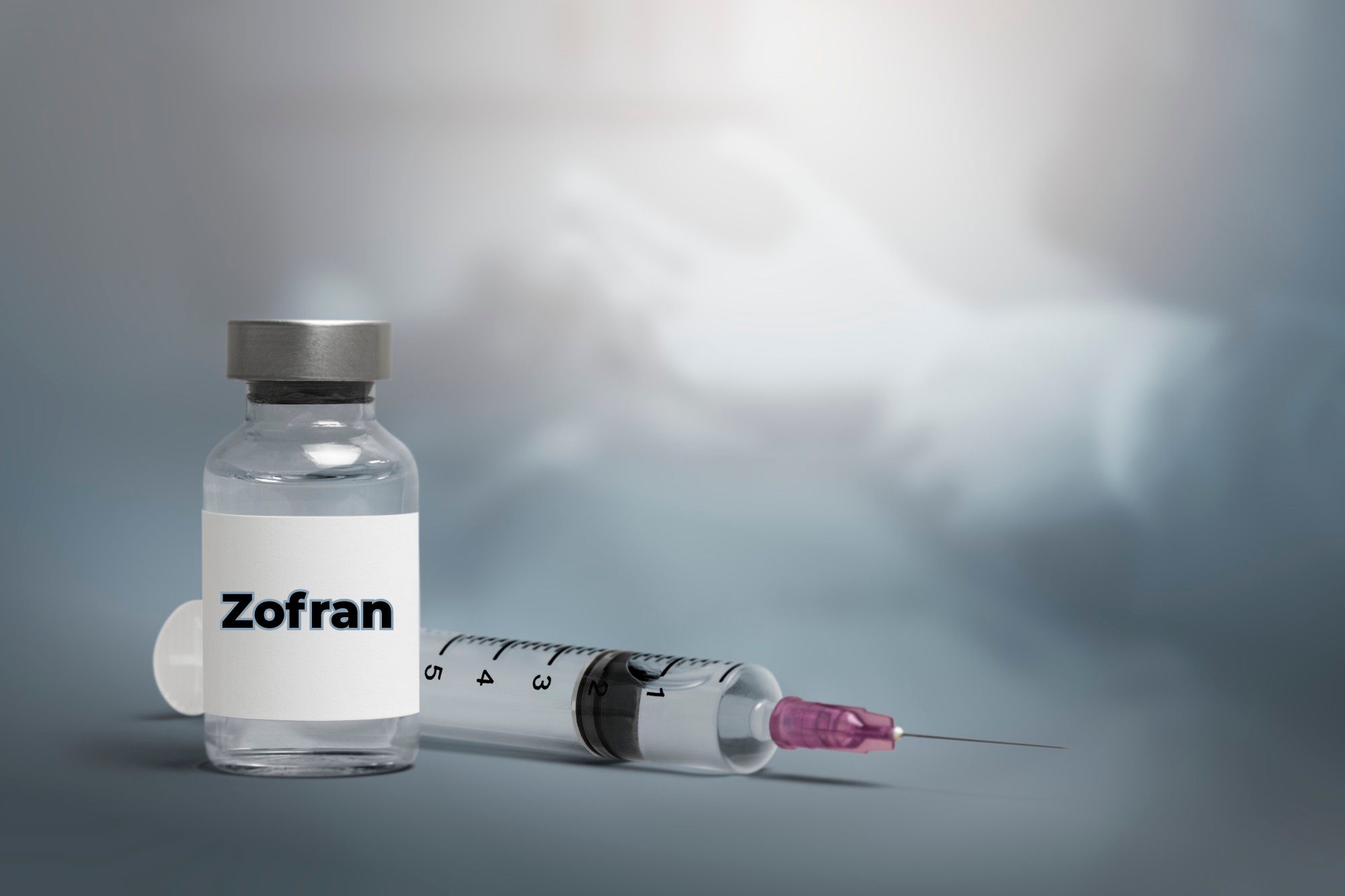The January 100 tablet belongs to a group of drugs called DPP-4 inhibitors (or gliptins). It works by helping to increase the amount of insulin your body produces after a meal and stopping your body from releasing too much glucose (sugar) into your bloodstream. The drug is usually taken once a day, has relatively few side effects, and is rarely the cause of weight gain.
Lowering blood sugar levels is an important part of controlling diabetes. If you control your condition, you can reduce your risk of serious diabetes problems such as kidney damage, eye damage, emotional problems, and loss of limbs. Properly controlled diabetes can also reduce the risk of heart disease and stroke. Taking this medication regularly with proper diet and exercise will help you to live a normal, healthy life. You should continue to use it as long as it is prescribed because it protects your future life.
Stop taking JANUVIA and call your doctor right away if you have severe and chronic stomach pain (stomach). Pain can be felt from your stomach to your back. Pain can be done with or without vomiting. This could be a sign of pancreatitis.
Before you start taking JANUVIA, tell your doctor if you have ever had a heart attack (your heart is not getting enough blood) or you have problems with your kidneys. Contact your doctor immediately if you are having difficulty breathing or have trouble breathing (especially if you are lying on the floor); swelling or fluid retention (especially on feet, ankles, or legs); abnormal rapid obesity; or unusual fatigue. These can be symptoms of heart failure.
Symptoms of allergies to JANUVIA, including rashes, chest and facial swelling, lips, tongue, and throat that may cause difficulty breathing or swallowing, may occur. If you have signs of a negative reaction, stop taking JANUVIA and call your doctor right away.
Kidney problems have been reported, sometimes requiring dialysis. Some people taking DPP-4 inhibitors such as JANUVIA may suffer from joint pain that can be very severe. Call your doctor if you have joint pain.
Tell your doctor right away if you have blisters or injuries on the outer layer of your skin (erosion). The dose of your sulfonylurea or insulin medication may need to be reduced while using JANUVIA. Signs and symptoms of low blood sugar can include headaches, drowsiness, weakness, dizziness, confusion, irritability, hunger, rapid heartbeat, sweating and nausea.
Your doctor can do a blood test before and during JANUVIA treatment to see how your kidneys are doing. Depending on these results, your doctor may change your JANUVIA dose.
JANUVIA tablets contain sixthliptin phosphate, an oral inhibitor of the enzyme dipeptidyl peptidase4 (DPP-4). Sitagliptin phosphate monohydrate is chemically defined as 7 - |LS|(3R) -3-amino-1-oxo-4- (2,4,5trifluorophenyl) butyl|RS| -5,6,7,8-tetrahydro-3- (trifluoromethyl ) - 1,2,4-triazolo |LS|4,3-a|RS| pyrazine phosphate (1: 1) monohydrate.
The art formula is C16H15F6N5O • H3PO4 • H2O and the molecular weight is 523.32.
Sitagliptin phosphate monohydrate is a white powder to white, crystalline, and non-hygroscopic. It is soluble in water and in N, N-dimethyl formamide; slightly soluble in methanol; slowly dissolves in ethanol, acetone, and acetonitrile; and does not contain isopropanol and isopropyl acetate.
Each tablet packed with JANUVIA film contains 32.13, 64.25, or 128.5 mg of sitagliptin phosphate monohydrate, equivalent to 25, 50, or 100 mg, respectively, free base and the following inactive ingredients: microcrystalline cellulose, anhydrous dibasic calcium phosphate, croscarmellose sodium, magnesium stearate, and sodium stearyl fumarate. In addition, the film cover contains the following inactive ingredients: polyvinyl alcohol, polyethylene glycol, talc, titanium dioxide, red iron oxide, and yellow iron oxide.
In patients with a higher glomerular filtration |LS|GFR|RS| or equal to 45 mL / min / 1.73 m2 to less than 90 mL / min / 1.73 m2, no dose adjustment of JANUVIA is required.
In patients with moderate renal impairment (large GFR or equivalent to 30 mL / min / 1.73 m2 to less than 45 mL / min / 1.73 m2), the dose of JANUVIA is 50 mg once daily.
In patients with severe renal impairment (eGFR less than 30 mL/min / 1.73 m2) or with renal insufficiency syndrome (ESRD) requiring hemodialysis or peritoneal dialysis, the dose of JANUVIA is 25 mg once daily. JANUVIA can be controlled without regard to dialysis time.
Because of the need for dose adjustment based on kidney function, kidney function tests are recommended before the start of JANUVIA and from time to time thereafter. There have been marketing reports after marketing kidney function in patients with kidney failure, some of whom have been given inappropriate doses of sitagliptin.
Drug interactions can change the way your medication works or increase your risk of serious side effects. This document does not contain all possible drug links. Keep a list of all the products you use (including prescription / unregistered medicines and herbal products) and share them with your doctor and pharmacist.
Beta-blocker medications (such as metoprolol, propranolol, glaucoma that have been similar to timolol) can prevent a rapid/normal heartbeat when your blood sugar is too low (hypoglycemia).
Many drugs can affect your blood sugar, making it difficult to control. Before starting, stopping, or changing any medication, talk to your doctor or pharmacist about how the drug can affect your blood sugar.
Take the medicine as soon as possible, but skip the missed dose when it is time for your next dose. You may have symptoms of low blood sugar, such as extreme weakness, blurred vision, sweating, inability to speak, trembling, abdominal pain, confusion, and fainting (convulsions).
Get emergency medical help if you have symptoms of an overdose. Stop taking Janvia and call your doctor right away if you have symptoms of pancreatitis: severe pain in your upper abdomen spreads to your back, or you may vomit.
Januvia may not work well if you take other medications at the same time.
You may have low blood sugar if you use insulin. Other medications can affect sixgliptin, including prescription and over-the-counter medications, vitamins, and herbal products. Tell your doctor about all your current medications and any medications you start or stop taking. Not all communications may be listed here. Tell your doctor about all the medications you are taking or stopping.
The dose of Januvia, which your doctor will have to decide will depend on a number of factors. Usually, your doctor will start you on a low dose of the drug. They will then have to be adjusted over a period of time in order to get the amount that is convenient for you. Your doctor will decide at the end of the minimum dose which produces the desired effect.
The following information describes what is, in general, are used, or are not recommended. Your doctor will determine the best doses according to your needs.
Januvia, which will be the pill to swallow, is available in three different strengths: 25 mg, 50 mg, 100 mg
Januvia is usually administered at a dose of 100 mg once a day. It does not matter if you do not take the medication with or without food.
If your kidneys don't work, your doctor may give you another dose of januvia. The differences in the doses can be higher than the old ones. This is due to the fact that their kidneys, which are able to function a little bit better, and so worn out.
If you are in need of financial support to pay for Januvia, or if you need help, if you need to, in order to make your insurance plan is available to help you.
Januvia and Tradjenta are approved by the FDA for the treatment of type 2 diabetes, along with diet and exercise. A separate study of the two drugs was compared in a major review of the studies using a reliable source. The researchers looked at how well the Januvia and Tradjenta, may help to reduce the HBA1C levels. This is a measure of how well the blood glucose is controlled, over a period of several months. Januvius, was just as effective as Trajenta.
Serious Alleged Injuries May Include:
- Pancreatic Cancer
- Thyroid Cancer
- Acute Pancreatitis
- Hemorrhagic Pancreatitis
- Necrotizing Pancreatitis
- Severe Joint Ache
FDA Safety Warnings:
In 2011, the FDA received almost 200 reports of acute and chronic pancreatitis linked to Januvia some of which were fatal. In 2015, the FDA warned Januvia (and Janumet) could cause severe joint pain. The most serious injuries associated with Januvia are acute pancreatitis, pancreatic cancer, and thyroid cancer.
In June 2015, the FDA warned that the type 2 diabetes medicines Sitagliptin (and saxagliptin, linagliptin, and alogliptin) may cause joint pain, which can be severe and disabling. The FDA has added a new Warning and Precaution about this risk to the labels of all medicines in the DPP-4 inhibitors.
Legal Updates:
Lawsuits against the makers of Type 2 diabetes drugs Januvia and others were consolidated in MDL No. 2452 in California federal court. Allegations include that the drug manufacturers failed to warn about the risk of pancreatic cancer and pancreatitis.
In November 2015, Judge Anthony J. Battaglia under a motion called summary judgment granted the manufacturer's request to dismiss all the cases in the MDL. AT this time 749 cases were pending in the MDL.
In September 2016, plaintiff's attorneys filed an appeal on behalf of the MDL, stating that Battaglia misinterpreted the U.S. Supreme Court preemption law.
The Ninth Circuit has not yet returned the decision. The count of cases as of April 15, 2017, was near to 1000. Thus, the fate of the plaintiffs is now in the hand of U.S. Court of Appeals for the Ninth Circuit.
The lawsuits were reinstated on appeal in November 2017, by the United States Court of Appeals for the Ninth Circuit. Jurisdiction returned to U.S. District Court for the Southern District of California on January 2, 2018.
News
Mar 29, 2018: Hundreds of Incretin Mimetics Lawsuits Reinstated
Nearly 700 lawsuits, all involving antidiabetic drugs Byetta, Victoza, Januvia, and Janumet, were reinstated by the U.S. Court of Appeals for the Ninth Circuit, wherein the previous ruling was overturned. The lawsuits were reinstated and remanded to Judge Battaglia for coordinated pretrial proceedings, which had been paused for about two years after the judge passed a motion for summary judgment filed by the drug makers in 2015, finding that the claims were preempted by federal law.
Allegations include that the drug makers knew that the use of this class of diabetes medications, known as incretin mimetics may result in the development of pancreatic cancer, yet they failed to warn consumers and the medical community.
MDL No. 2452 (In Re: Incretin Mimetics Products Liability Litigation) was created in 2013 in the Southern District of California before U.S. District Judge Anthony Battaglia.
The federal court recently adopted a new schedule as per the case management order (PDF) issued on March 21, wherein Judge Battaglia adopted a discovery schedule proposed by the drug makers for discovery and another round of pretrial motions on general causation and preemption issues before any individual cases will be allowed to go before a jury. Further, the court has set December 11, 2018, as the time limit within which the parties can file challenges to the admissibility of certain expert witnesses and another round of summary judgment motions, to be followed by a selection of a small group of bellwether trials by December 14. According to this new schedule, the first bellwether trial may begin in January 2020.
Nov 9, 2018: California Court Restores Pancreatic Cancer Lawsuits
In an opinion filed on November 6, a California Court of Appeal, 2nd District reinstated product liability cases against a group of drugmakers sued for providing an inadequate warning about the risk of developing pancreatic cancer linked to type-2 diabetes drugs.
The defendants who must face pancreatic cancer lawsuits are Merck Sharp & Dohme Corp, the maker of Janumet and Januvia; Novo Nordisk Inc, the manufacturer of Victoza; and AstraZeneca's Amylin Pharmaceuticals. In November 2015, Judge Battaglia granted a summary judgment in favor of the defendants following a preemption protocol, dismissing all the cases which were a part of MDL 2452. The plaintiff's attorney filed an appeal to the Federal Appeals Court that the Judge misinterpreted the U.S. Supreme Court preemption law, responding to which the court ruled in favor of the plaintiffs.
Januvia, Janumet, Byetta, and Victoza are popular type 2 diabetes drugs that have been reported to cause dangerous side effects like pancreatic cancer and pancreatitis. As of September 2018, 948 cases were pending in the federal MDL presided by Judge Battaglia.
Evidence:
- Usage Of Januvia
- Duration Of Usage
- Indication Of Usage In Medical And Pharmacy Records
- Complications And Their Treatment After Intake
Medical Record Review and claim validation of Januvia case should take approximately 3 hours in most instances; however, this approximation may vary in cases based on the volume of records.




